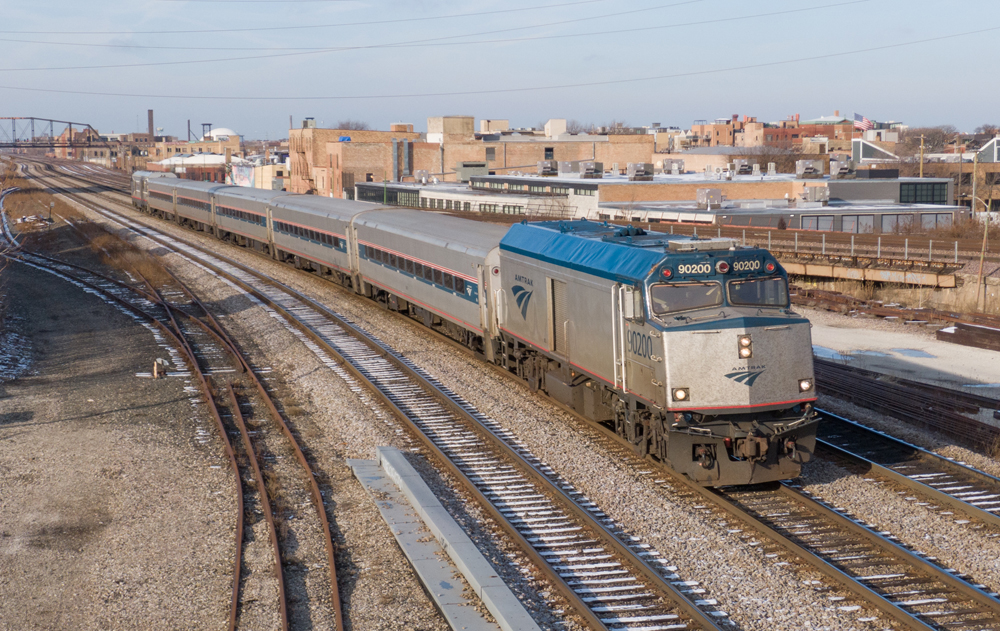
Amtrak has been using unpowered F40PH locomotives for decades in various corridors across the country. For its shorter-distance trains — where one or both ends of the run lack turning facilities — these units allow Amtrak to assign only one powered locomotive instead of two. The first F40PH converted was AMTK No. 200, which had […]
Read More…
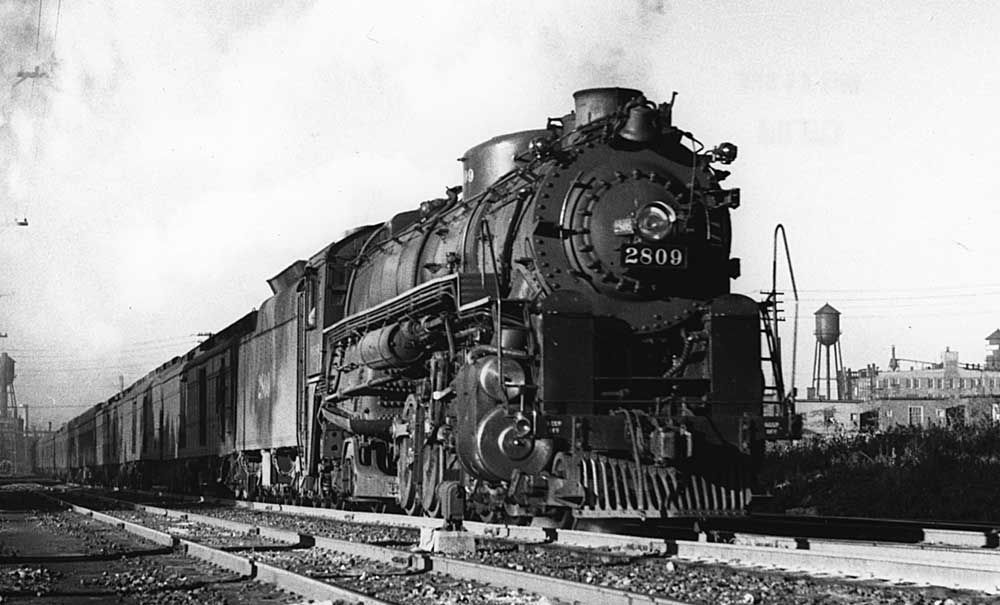
Few, if any railroads, duplicated what the Wabash Railroad did in 1930 and ’31 when it ordered 50 big locomotives from the Baldwin Locomotive Co., split half and half between the tried-and-true 4-8-2 wheel Mountain type and the still relatively new 4-8-4 Northern. It was a remarkable decision, given the slight differences between the […]
Read More…
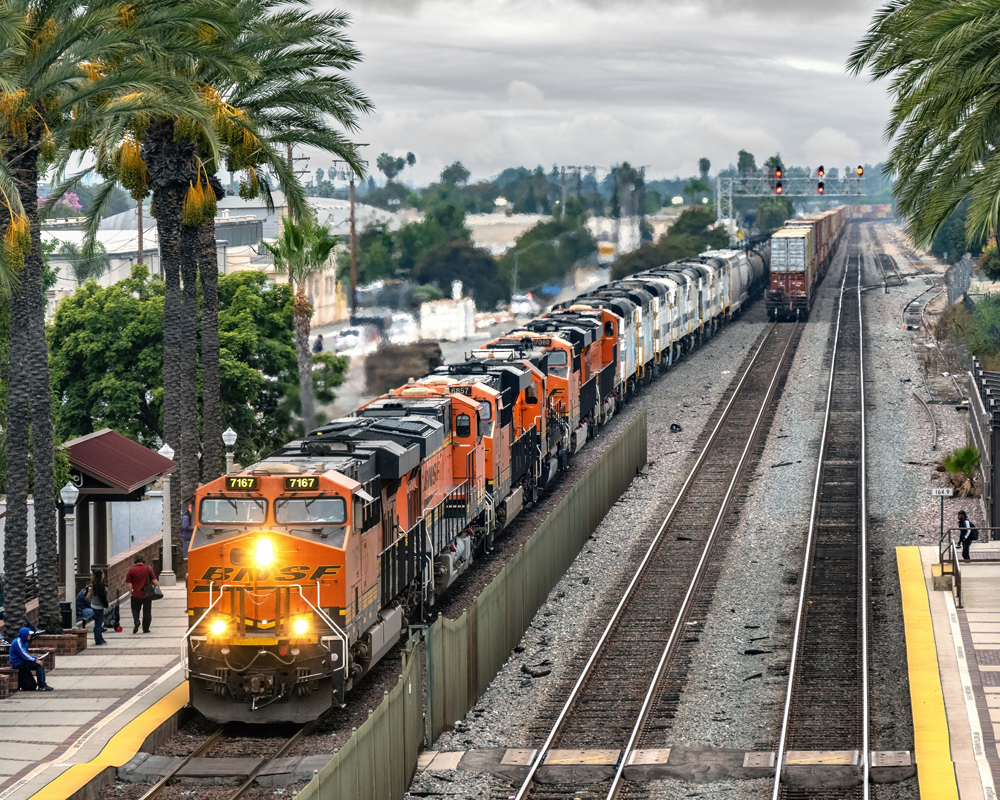
Locomotive déjà vu On October 15 of this year, senior Southern California train fans experienced locomotive déjà vu. It was fascinating and sad at the same time. Similar to photos seen in Trains Magazines in the 1950s and 1960s, a set of modern locomotives was hauling yesterday’s power off the property in a single pull. […]
Read More…
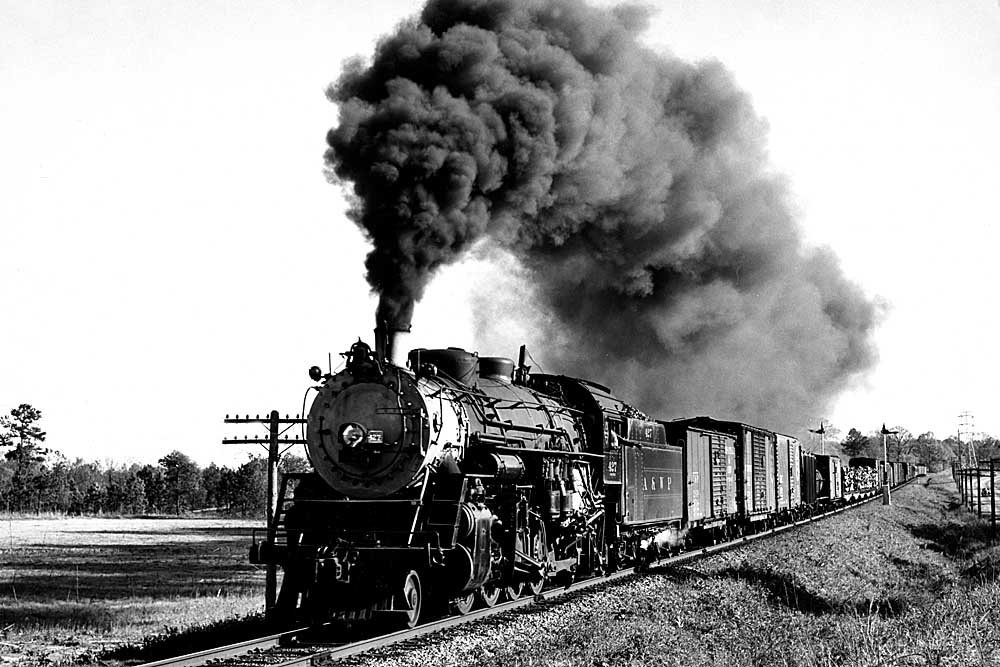
Atlanta & West Point locomotives were carefully curated alongside those of its sister roads. Although much of the West Point roads’ 20th-century steam locomotive fleet looked like the “Georgian Locomotive” memorialized by H. Stafford Bryant Jr. in his book of the same name — a handsome, elegant group — perhaps the most interesting […]
Read More…

Q: Why are the flanges on model steam engine drive wheels so much larger than on the prototypes? Is it because the models don’t weigh very much? Or is it because they have to navigate tight curves? And do larger scales (like G scale and live-steam models) have flanges that are closer to the prototypes? […]
Read More…
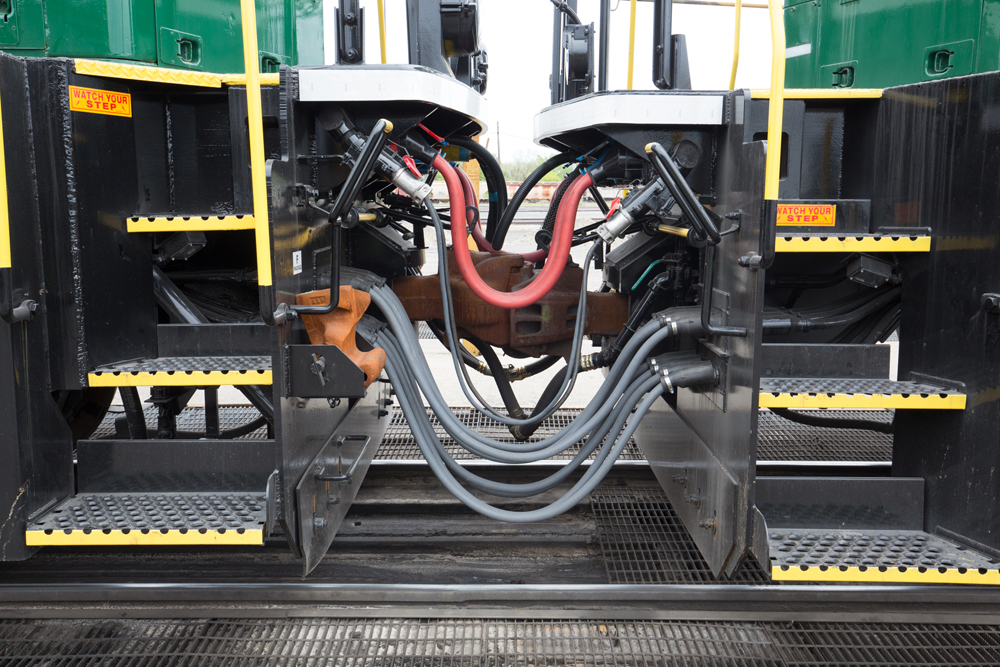
A locomotive has two pilots, one on each end where it interfaces with other units and/or the cars its hauling. The main component is the coupler on each end, along with the adjacently mounted train line air hose. These are the basic connections between all freight cars and other locomotives. Working outward from the coupler […]
Read More…
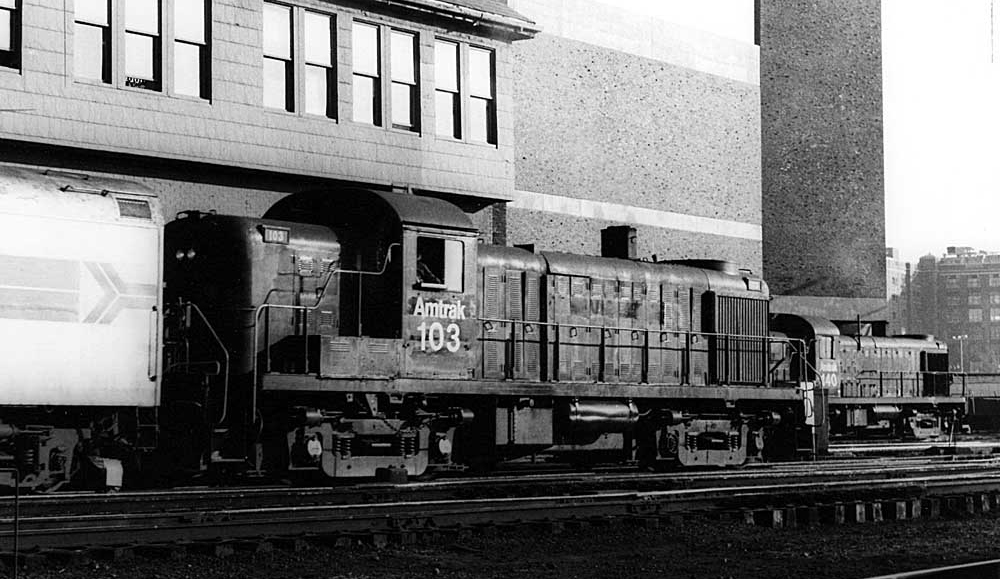
Amtrak RS3 diesel locomotives supported operations on the Amtrak-owned Northeast Corridor between Boston and Washington, D.C. The RS3 was Alco’s best-selling road switcher model with 1,265 units sold to more than 50 railroads between 1948 and 1962. Marketed as a multi-purpose unit, some roads, including but not limited to Pennsylvania, Rock Island, and Western […]
Read More…
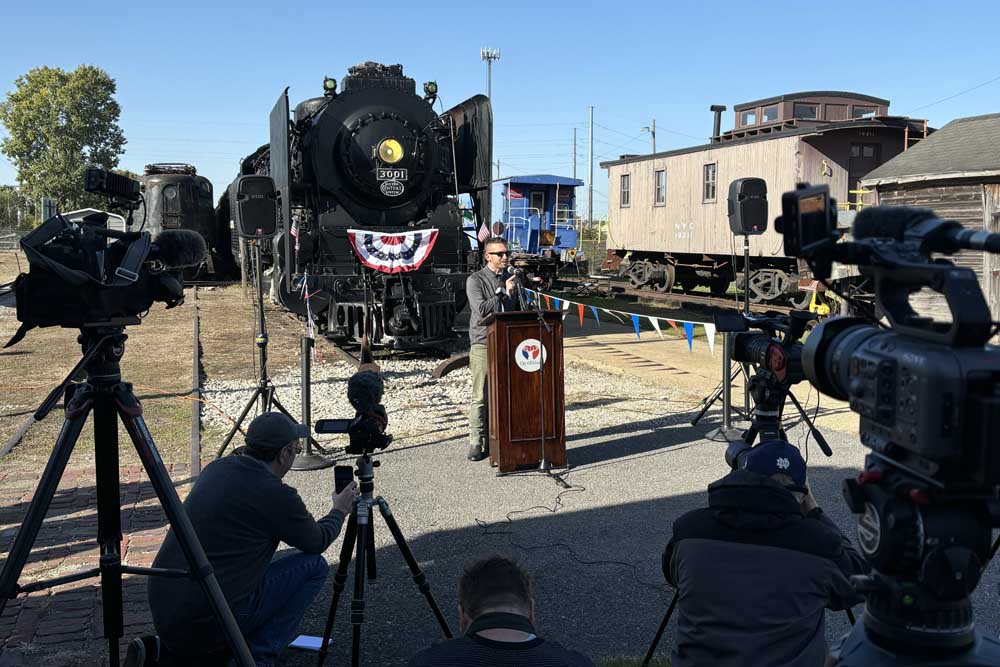
The steam community is in a happy state of shock this week with the news that New York Central 3001, one of the NYC’s famed 4-8-2 Mohawk engines, might be restored to operating condition by the Fort Wayne Railroad Historical Society, operators of famed Nickel Plate Road 2-8-4 No. 765. The announcement came Oct. 9 […]
Read More…
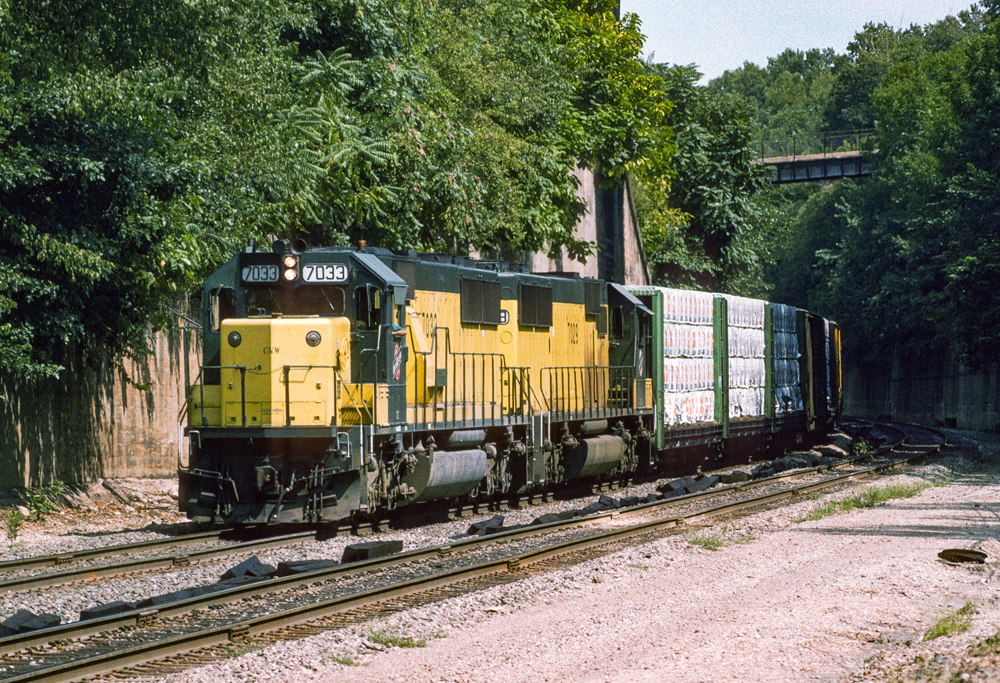
The model railroad industry has featured fantasy-painted locomotives for years. These are locomotive models painted for railroads that never actually owned them. Think Canadian National GP60Ms, Burlington Northern ES44ACs or Monon SD70ACes — designs the railroad either never purchased (Canadiana National), or for which the railroad wasn’t in existence at the time the locomotives were […]
Read More…
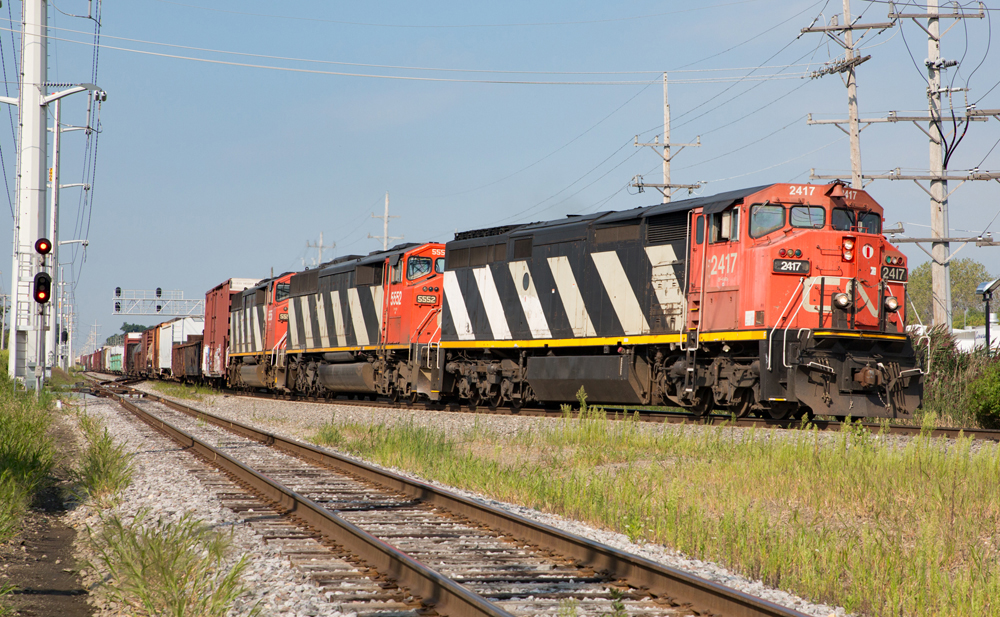
Canadian National cowls Six-axle freight locomotives built with a cowl carbody are a rare design when looking at the overall quantity of models built for North American service. Compared to the thousands of GP9s, SD40-2s, and C44-9Ws built, no one cowl model exceeded 100 locomotives ordered. Canadian National ordered four of the six six-axle freight […]
Read More…
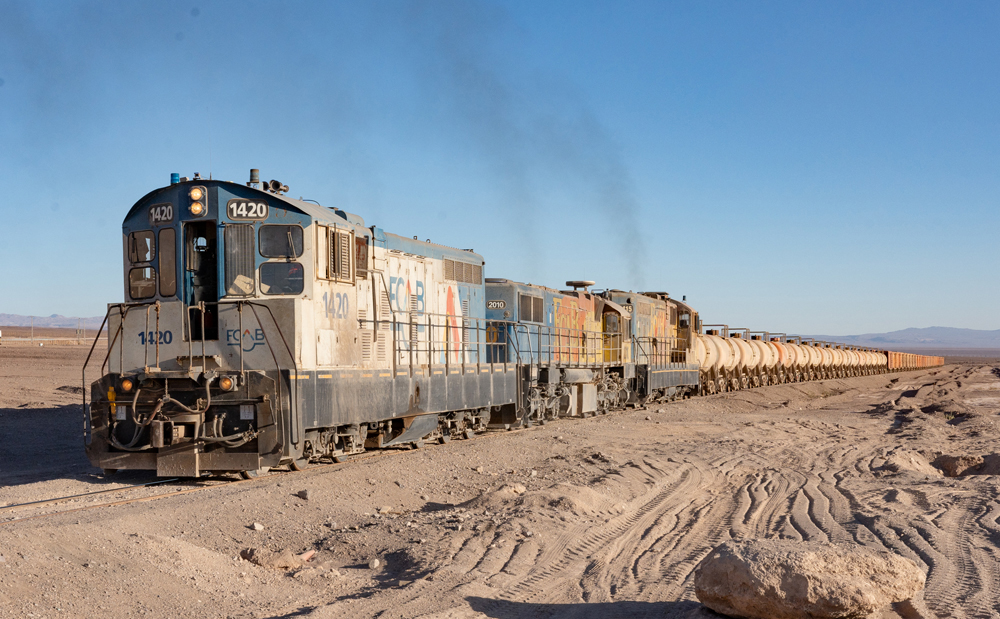
Living the expat life You may not be aware, but your favorite diesel model from long ago may be living another life right now in a land far away. Thousands of locomotives no longer needed on North American railroads have been shipped off to lead a second life in foreign countries for decades. The second-hand […]
Read More…
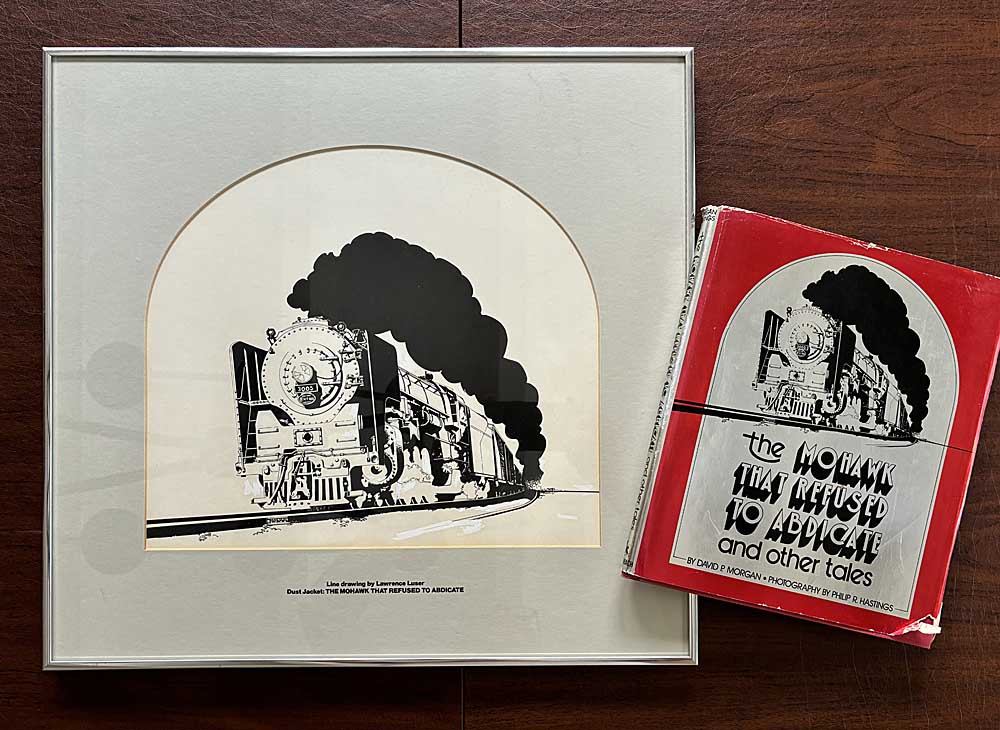
The photo is at once ordinary and extraordinary. Ordinary because the photographer had to grab it on the fly, shooting a low-angle wedge shot in low light as a New York Central steam locomotive snuck up on him out of nowhere. The photo is a bit dark and shows little of its creator’s compositional genius. […]
Read More…












